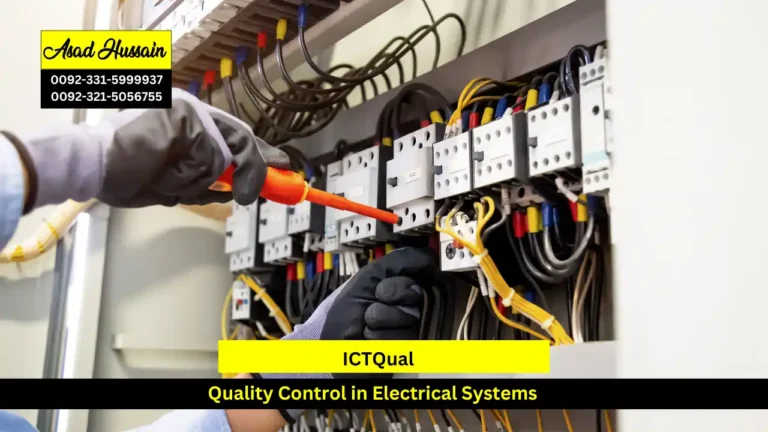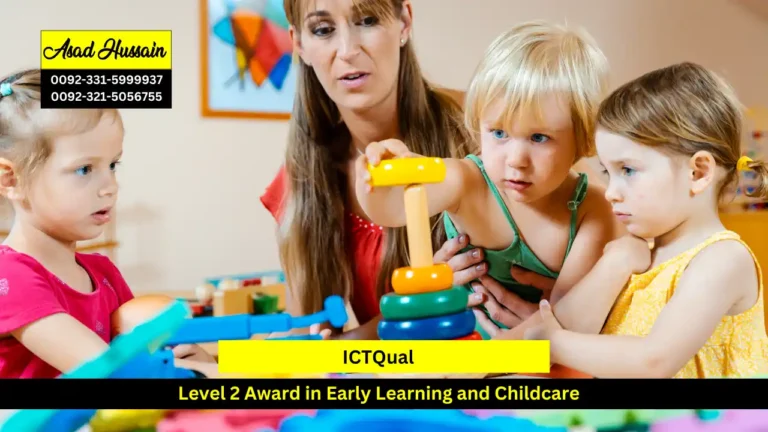In today’s fast-paced and ever-evolving professional landscape, continuous learning and development are paramount. For those who aspire to lead this charge, the Level 4 Master Trainer Certificate offers an unparalleled opportunity. This certification is designed for trainers who seek to elevate their skills, enhance their credibility, and make a significant impact on their learners. Let’s explore why the Level 4 Master Trainer Certificate is a game-changer for aspiring trainers and organizations alike.
The Level 4 Master Trainer Certificate is a prestigious credential that signifies advanced competence in training and development. This certification goes beyond basic instructional skills, delving into advanced methodologies, curriculum design, and effective training delivery. It is ideal for experienced trainers who are ready to take their expertise to the next level and for organizations looking to cultivate top-tier training professionals.
The Level 4 Master Trainer Certificate is more than just a credential; it is a testament to a trainer’s dedication to excellence and continuous improvement. By pursuing this certification, trainers can unlock new opportunities, enhance their professional reputation, and make a lasting impact on their learners and organizations. Whether you’re an experienced trainer looking to sharpen your skills or an organization aiming to develop top-tier training talent, the Level 4 Master Trainer Certificate is a powerful tool for achieving your goals.
Program Highlights
Mandatory Units
- Foundations of Education and Training:
- Teaching and Learning Strategies:
- Assessment Practices:
- Quality Assurance in Education:
- Curriculum Development:
- Professional Development and Reflective Practice:
- Capstone Project or Portfolio
- Candidates required to hold a minimum level of education, such as a high school diploma or equivalent.
- We prefer candidates who have relevant professional experience in the field of education or training. This could include experience working as a teacher, instructor, trainer, or educator in formal or informal educational settings.
- candidates may require to undergo an interview or assessment process to evaluate their suitability for the course. This could involve discussing their educational background, professional experience, motivations for pursuing the certification, and their goals for applying the knowledge gained from the course.
Foundations of Education and Training
- Demonstrate an understanding of the historical and theoretical foundations of education and training.
- Analyze the roles and responsibilities of trainers and educators in various contexts.
- Apply foundational concepts of adult learning theories to training scenarios.
- Evaluate the impact of socio-economic and cultural factors on education and training practices.
Teaching and Learning Strategies
- Identify and apply a range of effective teaching and learning strategies suitable for diverse learners.
- Develop instructional plans that integrate various teaching methodologies to enhance learner engagement.
- Utilize technology and multimedia tools to support and enrich the learning experience.
- Assess the effectiveness of different teaching strategies through feedback and reflection.
Assessment Practices
- Design and implement formative and summative assessment tools that align with learning objectives.
- Analyze assessment data to inform instructional practices and improve learner outcomes.
- Ensure assessments are fair, reliable, and valid, catering to diverse learning needs.
- Reflect on and improve personal assessment practices through continuous evaluation and feedback.
Quality Assurance in Education
- Understand the principles and practices of quality assurance in education and training.
- Develop and implement quality assurance policies and procedures to enhance training programs.
- Conduct evaluations and audits to ensure compliance with quality standards.
- Utilize feedback from quality assurance processes to drive continuous improvement in education and training practices.
Curriculum Development
- Design comprehensive curriculum plans that align with organizational goals and learner needs.
- Integrate contemporary educational theories and best practices into curriculum development.
- Develop course materials, resources, and assessments that support the curriculum objectives.
- Evaluate and revise curriculum plans based on feedback and evolving educational standards.
Professional Development and Reflective Practice
- Engage in ongoing professional development to stay current with trends and advancements in education and training.
- Implement reflective practice techniques to critically analyze and improve personal teaching and training methods.
- Develop a personal professional development plan that includes goals, actions, and evaluation measures.
- Foster a culture of continuous improvement and lifelong learning within the training environment.
Capstone Project or Portfolio
- Integrate knowledge and skills acquired throughout the program to design and execute a comprehensive capstone project or portfolio.
- Demonstrate the ability to conduct independent research, analyze findings, and apply them to practical training scenarios.
- Present and defend the capstone project or portfolio to a panel of peers and assessors, demonstrating professional competence.
- Reflect on the capstone project or portfolio experience to identify strengths, areas for improvement, and future professional development goals.
The Level 4 Master Trainer Certificate is designed for a diverse range of professionals who are passionate about advancing their expertise in training and development. It is ideal for experienced trainers who seek to enhance their skills and elevate their careers by mastering advanced instructional techniques. Training managers responsible for developing and overseeing training programs within their organizations will find this certification invaluable in implementing effective training strategies. Human resource professionals involved in employee development and organizational learning can significantly benefit from the course, gaining insights into creating impactful training initiatives. Additionally, freelance trainers looking to boost their marketability and deliver exceptional training services to various clients will find this certification a powerful asset. This course is perfect for those committed to excellence in education and training, aiming to make a significant impact on their learners and organizations.







